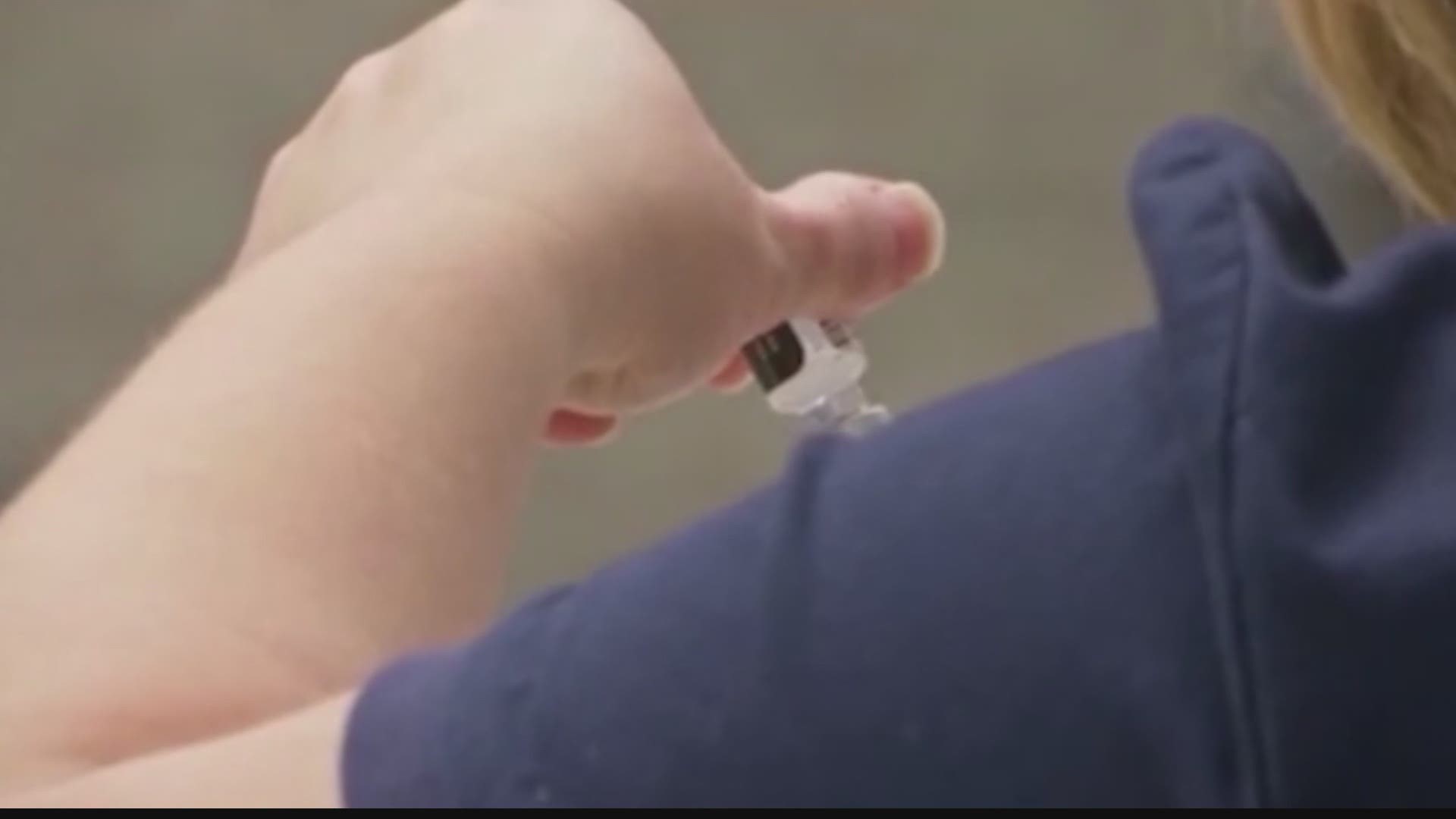HUNTSVILLE, Ala — We’ve been hearing about new variants of the coronavirus making their way into the United States. These new strains have led to a lot of questions. Our Sydney Stallworth sat down with an expert to find out what you need to know.
As a virus replicates and spreads, it’s most likely going to mutate, and the coronavirus is no exception. We’ve heard of new variants coming from the U.K. and now South Africa that are apparently spreading faster than what we’ve seen before.
Dr. Neil Lamb, Vice President of Educational Outreach at the HudsonAlpha Institute for Biotechnology, tells us how concerned we should be about the new variants. He adds, “All viruses mutate. They change their genetic code. It’s just a natural process so this should not surprise us at all.”
A variant of coronavirus stemming from the U.K., B.1.1.7, is causing concern and a new strain discovered in South Africa, officially called 501.V2, is making headlines.
So what makes these new variants different from what we’ve seen so far? Dr. Lamb says, “What’s maybe worrisome or what makes us cautious about these is, number one, they seem to have acquired a number of changes pretty rapidly. Some of those changes seem to alter the genetic recipe of the virus in a way that makes it more transmissible. More individuals can be infected by someone who has this particular version than a different version of the virus.”
Are these variants of the virus more dangerous? Dr. Lamb says, “It doesn't seem to make people sicker. It doesn’t seem to increase the death rate or the hospitalization rate. It just means that it spreads more easily.”
According to the World Health Organization, as of January 5, the UK variant had been found in 40 other countries and the South Africa variant in six countries.
B.1.1.7 is confirmed to be in the U.S. This week, Dr. Fauci announced the south African strain is most likely in the country already. Some sources are reporting the variant found in South Africa poses a bigger threat than the U.K strain because it has the potential to transmit faster. We asked Dr. Lamb how that would be measured. Dr. Lamb explains, “The first set of data that we have had coming out about all these variants has really been based on modeling and prediction. Then you’ve got to go into the lab and run lab experiments with that particular change to see ‘Does it increase infectivity?’, ‘Does it produce more copies of the virus? Does it change how the virus reacts to a certain medication or a vaccine?’ And that takes additional time. I think we need to wait for some additional science to learn a bit more.”
Vaccines are rolling out and people are rolling up their sleeves to get the first doses. Will the vaccine protect us against these new strains? Dr. Lamb adds, “The effectiveness of the vaccine doesn’t seem to be impacted by these particular versions, these particular variants of the virus.”
Should we be making changes to protect ourselves against the new variants? Dr. Lamb answers, “You and I? I don’t think it’ll change any of our behaviors. We continue to do the things that we know to do to slow the spread of the virus. It just means we have to be even more prepared. But, does that give me fear? No, it does not."

